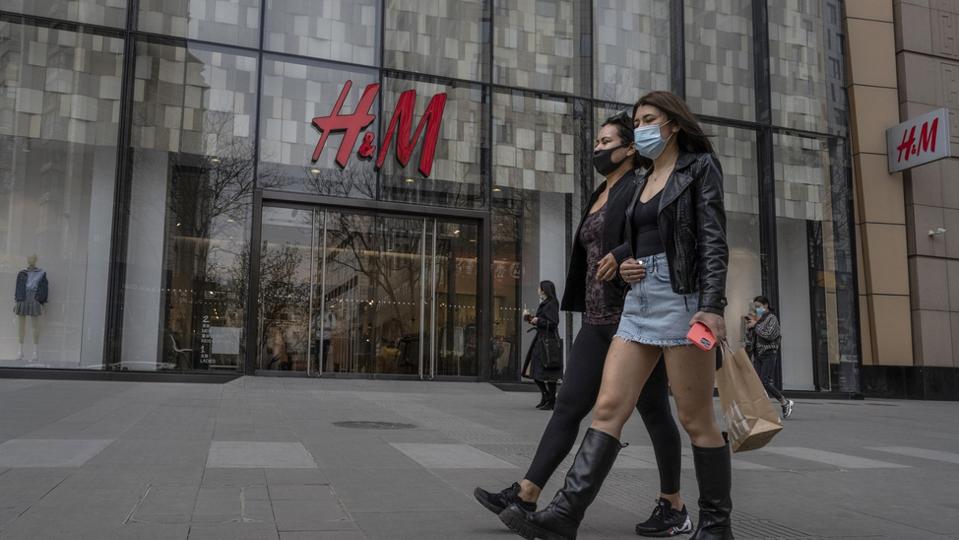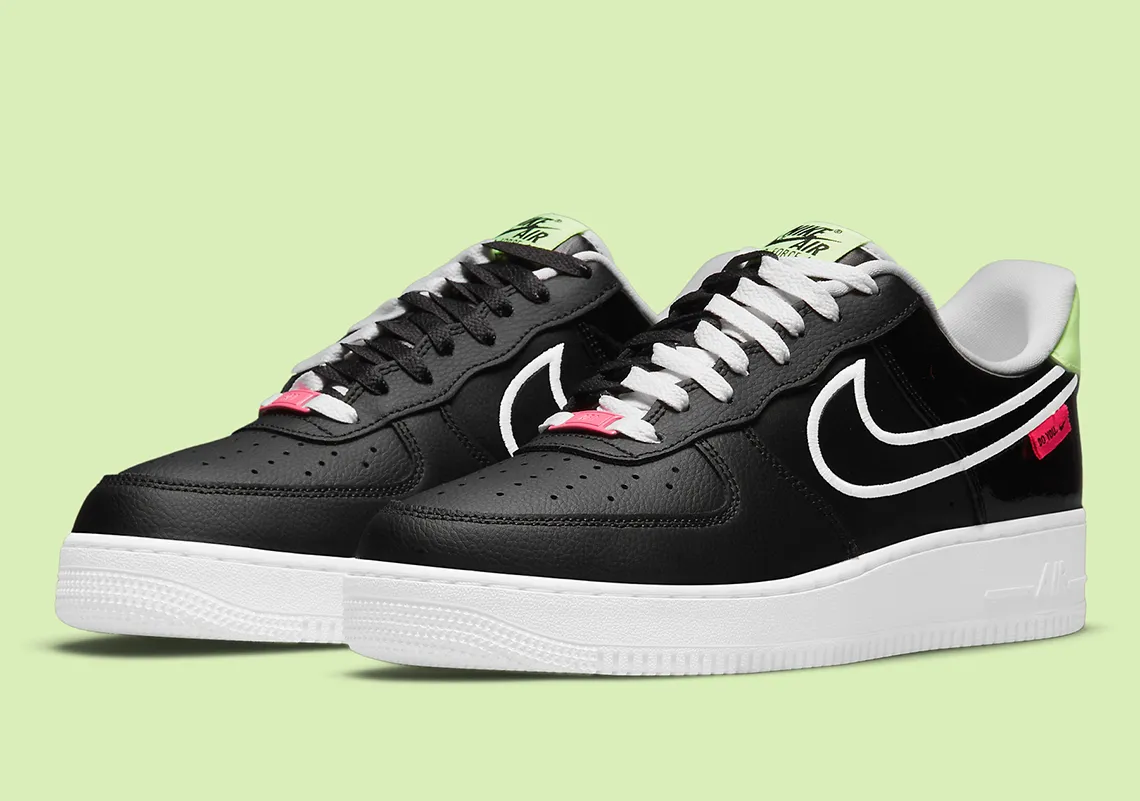Topline
China has accused major apparel brands like Nike, H&M and Zara of selling goods that could be harmful to children, an accusation that comes a few months after the companies faced a wave of backlash in China for their past remarks on the alleged human rights abuses in the country’s Xinjiang region.

Women walk by an H&M clothing store at a shopping area in Beijing, China.
Getty ImagesKey Facts
A warning notice has been issued on China’s customs administration website which listed items imported by companies including Nike, H&M, Zara and Gap.
China's General Administration of Customs alleges H&M’s cotton dresses for girls contain “dyes or harmful substances” which may be absorbed by the body and endanger a child’s health.
China made similar claims about children’s clothing imported by Zara, Nike and Gap.
The customs authority claims that the findings are part of a routine investigation, under the country’s Commodity Inspection Law and the items in question will be destroyed and returned in accordance with the law.
While the Chinese authorities don’t explicitly mention it, the action is likely a continuation of the pushback against these western fashion brands who have made past remarks about not sourcing cotton from China’s Xinjiang region—amid concerns of human rights violations.
The brands have not publicly made any statements about the allegations.
Key Background
Last year, the Better Cotton Initiative (BCI)—a sustainability program run by the World Wildlife Fund for Nature (WWF) which counts several fashion brands including Nike, H&M and Zara as members—issued a statement on its website that it had suspended licensing Xinjiang cotton production since March and in October had ceased field-level activities in the region. Both these statements have since been removed from the website. In March, however, users on Chinese social media platforms—fueled by rhetoric from the Chinese state-run media—initiated a campaign calling for the boycott of these western brands along with others like Converse, Adidas and Burberry—who are also BCI members. The People’s Daily—a Communist Party mouthpiece— directed its ire at brands like H&M saying it has chosen to believe “lies spread by a few people” instead of hearing “voices of billions of Chinese people.” Major Chinese e-commerce platforms including JD.com, Pinduoduo and the Alibaba-owned Taobao have since removed many of these brands from their online stores. H&M’s physical stores remain open but according to the BBC, their locations have been delisted from the apps of Chinese cab-hailing companies.
Section Title
While the BCI had issued its statement about Xinjiang cotton last year, the backlash against these brands began when China began facing international condemnation for its alleged human rights abuses in the region. Earlier this year, several western nations, including the U.S., U.K., Canada and the European Union, imposed sanctions on Chinese officials over this issue. China has been accused of detaining the region’s mostly-Muslim Uighur residents in camps where they reportedly face torture, forced labor and sexual abuse according to leaked documents and satellite images. China has responded with its own sanctions against European officials and denied allegations of abuse and claimed the camps are "re-education" facilities used to combat terrorism.
Further Reading
China accuses Western firms over 'harmful' kids' goods (BBC)
The Link LonkJune 03, 2021 at 06:51PM
https://ift.tt/3z2ejd1
China Accuses Nike, H&M And Others Of Selling Goods That Could Be ‘Harmful To Children’ Months After Xinjiang Cotton Backlash - Forbes
https://ift.tt/3g93dIW
Nike

No comments:
Post a Comment